Classic Psychology Journal Articles
A very warm welcome to the psychology classics collection which offers completely free access to the most important and influential journal articles ever published in the history of psychology, including contributions from the most eminent psychologists of the 20th century.
How is This Possible?
Any magazine, journal or periodical published before 1923 is in the public domain. In addition any work published from 1923-1963 whose copyright was not renewed in the 28th year is also in the Public Domain. This means that there is an absolute goldmine of psychology material out there that can be made publicly available.
A labor of love, it has taken me a great deal of time and effort to put this collection together and I hope to add additional publications on a regular basis.
Note To Psychology Students
A psychology classic is by definition a must read. However, most groundbreaking texts within the discipline remain unread by a majority of psychology students. A detailed, well written description of a classic study in a textbook is fine to a point, but there is absolutely no substitute for understanding and engaging with the issues under review than by reading the authors unabridged ideas, thoughts and findings in their entirety.
I've put this collection together with this very much in mind. Enjoy!
David Webb (Owner, writer & host of All-About-Psychology.Com)
Disclaimer
Please note that as historical artifacts the texts presented here do not follow modern writing conventions e.g. gender neutral pronouns. Each article is presented in its original context. Some of the ideas expressed by the authors will be considered offensive and have been thoroughly discredited. The views expressed are the personal opinions of the authors and in no way represent the personal opinions, values and beliefs of All-About-Psychology.Com
The Article Collection
Classic article in which Wechsler presents the case that however broadly defined, general intelligence cannot be equated with intellectual ability and must be regarded as a manifestation of the personality as a whole. You can read this great article in full for free via the following link.
Cognitive Conative and Non-Intellective Intelligence
Translated and published in Willis Ellis' Sourcebook of Gestalt Psychology, this pioneering text in the history of Gestalt Psychology was originally presented by Max Wertheimer as an address before the Kant Society in Berlin on the 17th of December, 1924. You can read this classic article in full for free via the following link.
A Schematic Outline of The Emotions is a fascinating article by John. B. Watson, first published in The Psychological Review in 1919. One striking feature of the paper is Watson's discussion surrounding the capacity of infants to form conditioned emotional reactions to emotional situations. There is no doubt that this line of thinking led directly to the (in)famous 'Little Albert' study which attempted to show how fear could be induced in an infant through classical conditioning. You can read this influential article in full for free via the following link.
A Schematic Outline of The Emotions
This landmark article co-authored by the legendary Helen Keller provides the the first detailed description of the 'Fernald Technique'; Grace Fernald's revolutionary multisensory reading method, which she developed to help children who had failed to learn to read. See following link to read this classic article in full for free.
This fascinating article by Pierre Janet was originally published in the Journal of Abnormal Psychology in 1906. You can read 'On The Pathogenesis of Some Impulsions' by Pierre Janet in full for free via the following link.
On The Pathogenesis of Some Impulsions
Originally presented as a speech by Joseph Jastrow to commemorate the twenty-fifth anniversary of the American Psychological Association, this paper on the history of psychology was first published in The Psychological Review in 1917. You can read 'Varieties of Psychological Experience' by Joseph Jastrow in full for free via the following link.
Varieties of Psychological Experience
Jung's "Psychological Types" and Will-Temperament Patterns is an early article on extraversion and introversion, first published in the Journal of Abnormal Psychology in 1924; which you can read in full for free via the following link.
Jung's "Psychological Types" and Will-Temperament Patterns
Classic article by Ivan Pavlov on the physiological vs. psychological nature of conditioning, first published in The Psychological Review in 1932; which you can read in full for free via the following link.
The Reply of a Physiologist to Psychologists
Classic article on the social function of laughter, first published in Psychological Review in 1928, which you can read in full for free via the following link.
The Social Origin and Function of Laughter
Early research article by Albert Bandura on the behavior theory concept known as vicarious learning, observational learning and role taking. This landmark paper was instrumental in leading Bandura to conduct one of the most famous psychology studies of all time, "Transmission of Aggression Through Imitation of Aggressive Models." More commonly known as "The Bobo Doll Experiment!" You can read this influential paper in full for free via the following link.
Identification As a Process of Incidental Learning
In this classic article originally published in the very first edition of The Psychological Bulletin in January 1904, psychology legend William James discusses the influential Chicago school of thought, led by John Dewey. You can read this psychology classic in full for free via the following link.
Conditioned Emotional Reactions by John B. Watson and Rosalie Rayner is one of the most influential, infamous and iconic research articles ever published in the history of psychology. Commonly referred to as "The Case of Little Albert" this psychology classic attempted to show how fear could be induced in an infant through classical conditioning.
Originally published in 1920, Conditioned Emotional Reactions remains among the most frequently cited journal articles in introductory psychology courses and textbooks. You can read this psychology classic in full for free via the following link.
Conditioned Emotional Reactions (The Case of Little Albert)
Cognitive Consequences of Forced Compliance by Leon Festinger & James Carlsmith was the first of numerous studies to corroborate the theory of cognitive dissonance. The premiss for this classic piece of research was to test what happens to a person's private opinion when they are forced to do or say something contrary to that opinion. You can read this hugely influential psychology classic in full for free via the following link.
Cognitive Consequences of Forced Compliance
This classic article by Carl Jung was originally published in the book 'Collected Papers on Analytical Psychology' in 1916. You can read it in full for free via the following link.
On The Psychology and Pathology of So-Called Occult Phenomena
George A. Miller's article 'The Magical Number Seven, Plus or Minus Two: Some Limits on Our Capacity for Processing Information' is one of the most frequently Cited Journal Articles in Introductory Psychology Textbooks.
Building on psychological research that maintained that short-term memory is restricted to just a few bits of information, this hugely influential paper showed among other things how chunking could be employed to increase the restricted capacity of short-term memory. You can read this psychology classic in full for free via the following link.
The Magical Number Seven, Plus or Minus Two
Building on the pioneering work of William James, Morton Prince explores the phenomenon of sudden religious conversion. You can read this psychology classic in full for free via the following link.
Psychology of Sudden Religious Conversion
Forming Impressions of Personality by Solomon Asch is a classic study in the psychology of interpersonal perception. The central tenet of this research is that particular information we have about a person, namely the traits we believe they possess, is the most important factor in establishing our overall impression of that person.
This is the journal article which introduced the concept of central versus peripheral traits and the "halo effect". You can read this psychology classic in full for free via the following link.
Forming Impressions of Personality
First published in 1907, this landmark paper by Lightner Witmer resulted in the author being widely acknowledged as the founder of clinical psychology. Within this classic text, Witmer defines the phraseology and scope of clinical psychology and discusses the circumstances by which he came to open his psychological clinic at the University of Pennsylvania in March 1896. You can read this psychology classic in full for free via the following link.
Lightner Witmer: Clinical Psychology
This learning theory classic demonstrates how accidental connections between a ritual and favorable consequences can establish and maintain superstitious behavior. You can read this B.F. Skinner article in full for free via the following link.
An Experimental Study of Apparent Behavior by Fritz Heider & Marianne Simmel is a landmark study in the field of interpersonal perception, in particular in relation to the attribution process when making judgments of others. You can read this classic article in full for free via the following link.
An Experimental Study of Apparent Behavior
On the 24th February 1913 John B. Watson delivered a landmark lecture "Psychology as the Behaviorist Views It" at the New York branch meeting of the American Psychological Association at Columbia University. A month later, the lecture was published as an article in Psychological Review. It became known as the "behaviorist manifesto" bestowed on Watson the title "father of behaviorism" and became one of the most influential texts in the history of psychology. You can read this classic article in full for free via the following link.
Psychology As The Behaviorist Views It
Fascinating insight into the thinking of one of the most influential and eminent psychologists of the 20th Century. Carl Rogers describes this particular paper as "a highly personal document, written primarily for myself, to clarify an issue which has become increasingly puzzling." An issue he describes as follows:
As I have acquired experience as a therapist, carrying on the exciting, rewarding experience of psychotherapy, and as I have worked as a scientific investigator to ferret out some of the truth about therapy, I have become increasingly conscious of the gap between these two roles. The better therapist I have become (as I believe I have), the more I have been vaguely aware of my complete subjectivity when I am at my best in this function, And as I have become a better investigator, more "hardheaded" and more scientific (as I believe I have) I have felt an increasing discomfort at the distance between the rigorous objectivity of myself as scientist and the almost mystical subjectivity of myself as therapist. This paper is the result, which you can read in full for free via the following link.
Persons or Science? A Philosophical Question
This classic study in selective perception demonstrates how an Ivy League football game was perceived differently by opposing fans, particularly in relation to their opponents "blatantly unsportsmanlike play". This simply designed psychology classic stimulated additional research into concepts such as social cognition and cognitive bias. You can read this influential article in full for free via the following link.
This classic article by eminent psychologist James Rowland Angell addresses Darwin's revolutionary contributions to psychology; most notably his doctrine of the evolution of instinct and the part played by intelligence in the process; the evolution of mind and expressions of emotion. You can read Angell's article on Darwin in full for free via the following link.
The Influence of Darwin on Psychology
Classic article first published in 1927, in which Gordon Allport outlines the basic requirements for investigating personality, including the recognition of "trait" as the unit of personality. You can read Allport's landmark article in full for free via the following link.
Concepts of Trait and Personality
'Heredity Environment, and The Question How' was originally presented by Anne Anastasi as a presidential address (Division of General Psychology) of the American Psychological Association in 1957.
In this child psychology and nature nurture debate classic, Anastasi argues that the question "How?" offers a much more constructive approach to the heredity-environment problem; as opposed to the question "Which one?" or "How much?" typically posited by psychologists. You can read Anastasi's article in full for free via the following link.
Heredity Environment, and The Question "How?"
See following link to read in full for free, the landmark article confirming Gestalt psychologist Karl Duncker's groundbreaking findings on the inhibiting affect of functional fixedness on problem solving.
Functional Fixedness As Related To Problem Solving
Originally published in the Collected Papers on Analytical Psychology in 1916, The Association Method was the first of three lectures Carl Jung delivered at Clark University in September, 1909. You can read the article version of The Association Method in full for free via the following link.
This Psychology Symbol - Vintage Retro Striped Sunset T-Shirt is available from Amazon (prime eligible) in a range of colors for women and men. Sales help support this website, which has been providing free and comprehensive information and resources for psychology students and educators since 2008.
Recent Articles
-
Psychology Articles by David Webb
Dec 11, 25 12:57 PM
Discover psychology articles by David Webb, featuring science-based insights into why we think, feel, and behave the way we do. -
What Is Antifragility? Why It Matters in an Unpredictable World
Dec 11, 25 07:58 AM
Discover what antifragility means, how it differs from resilience, and why small challenges help us grow stronger in an uncertain world. -
Best Psychology Books for Beginners
Dec 04, 25 07:44 AM
Learn about the mind and behavior with our top picks for the best psychology books for beginners. Start exploring this fascinating field now!
Please help support this website by visiting the All About Psychology Amazon Store to check out an awesome collection of psychology books, gifts and T-shirts.
Go From Classic Psychology Journal Articles Back To The Home Page
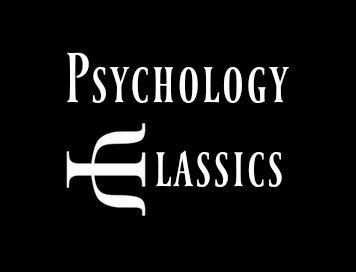
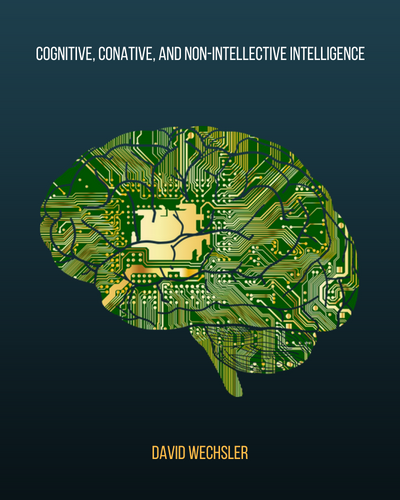
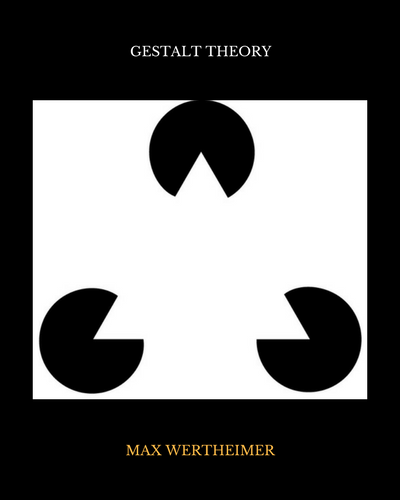
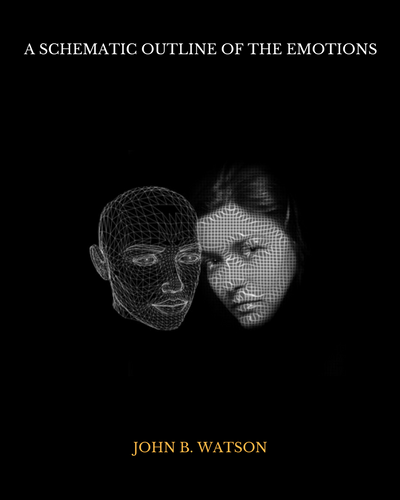
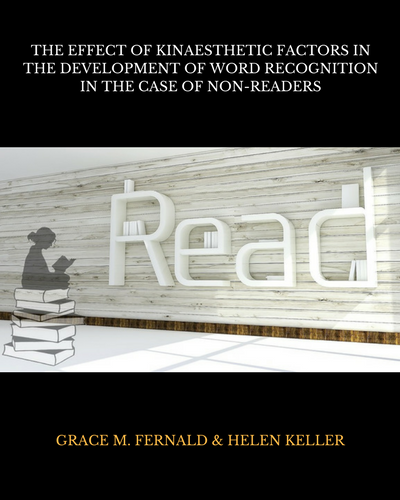
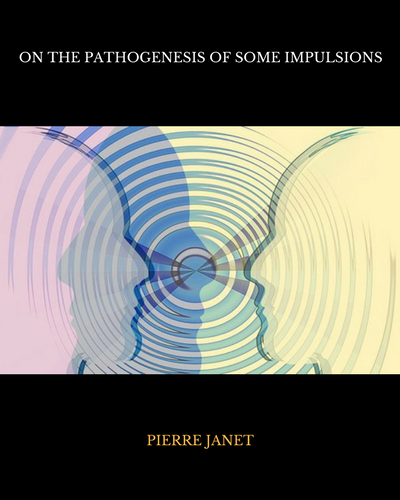
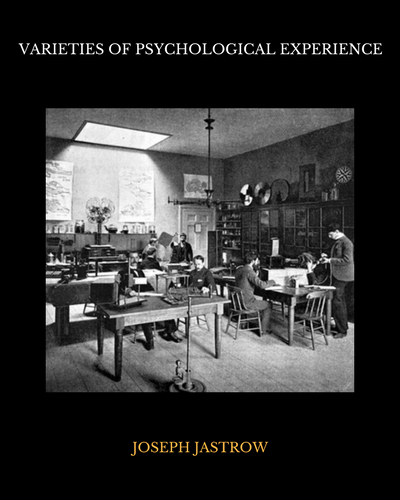
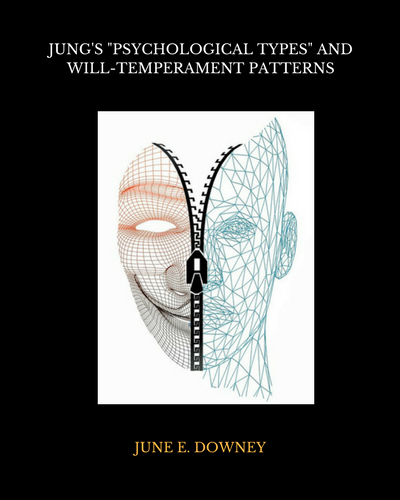
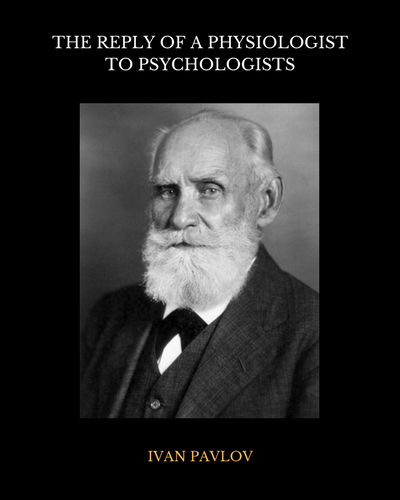
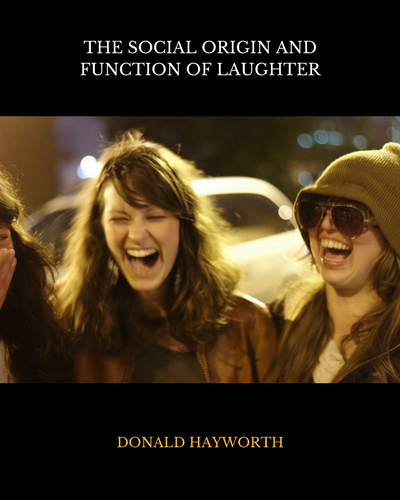
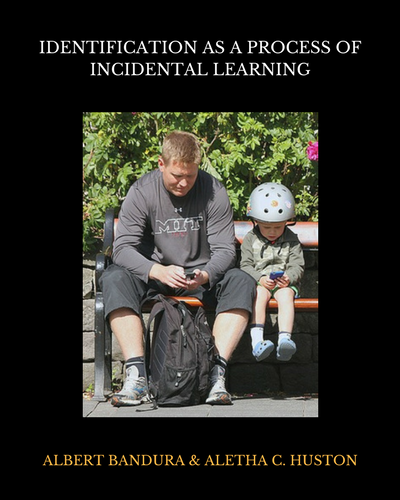
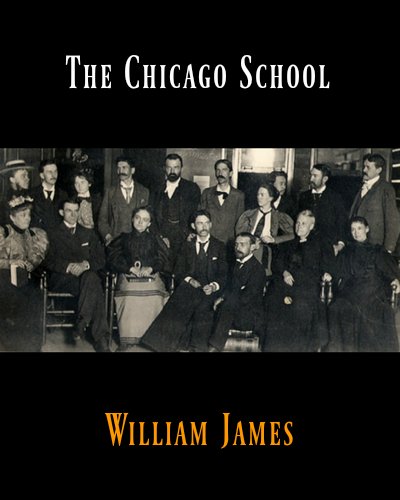
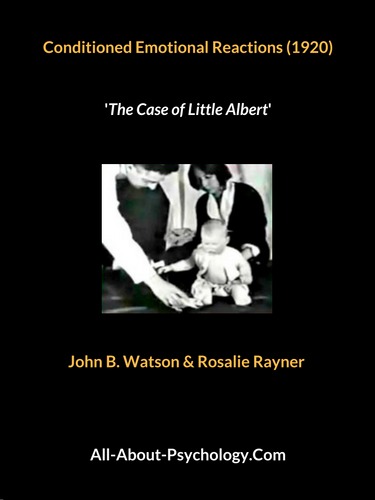
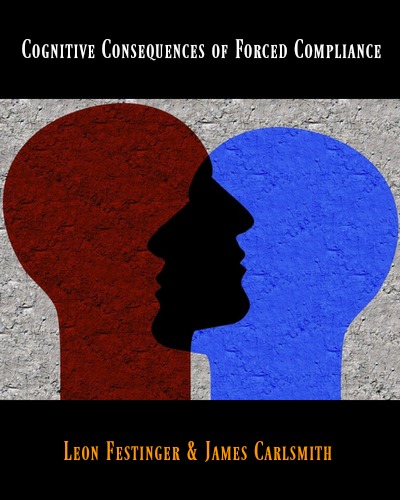
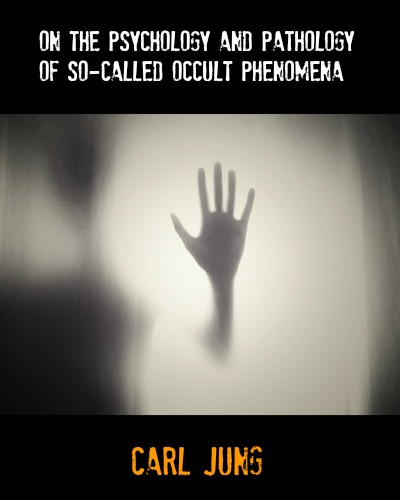
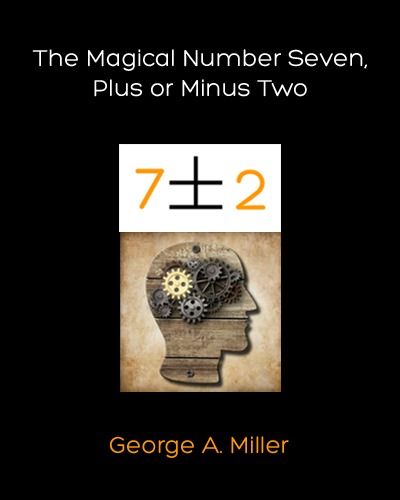
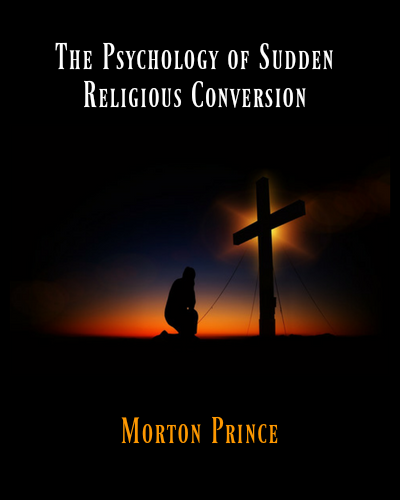
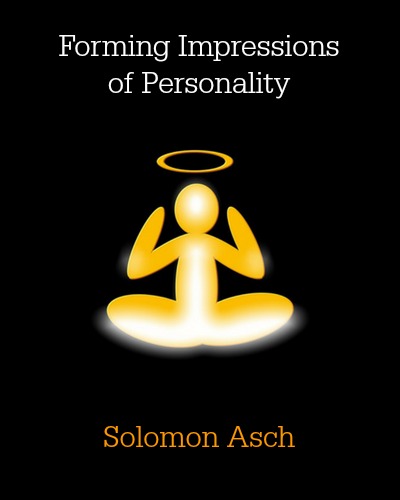
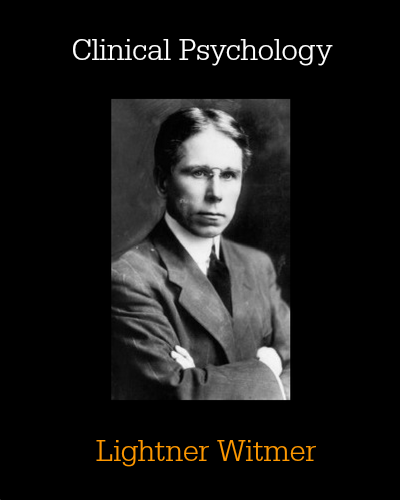
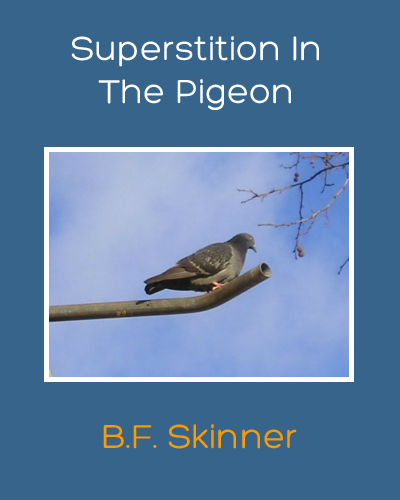
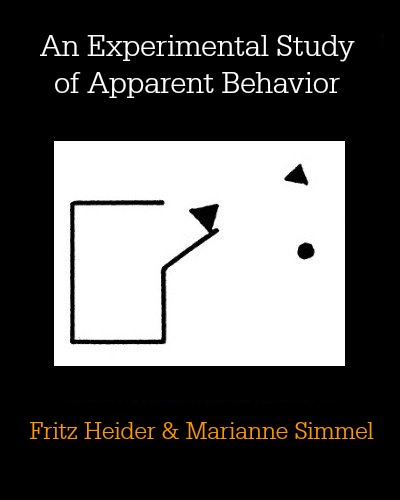
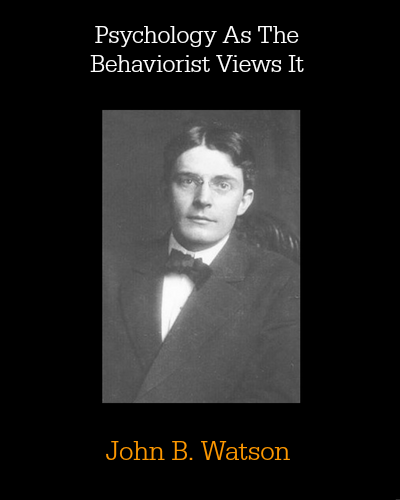
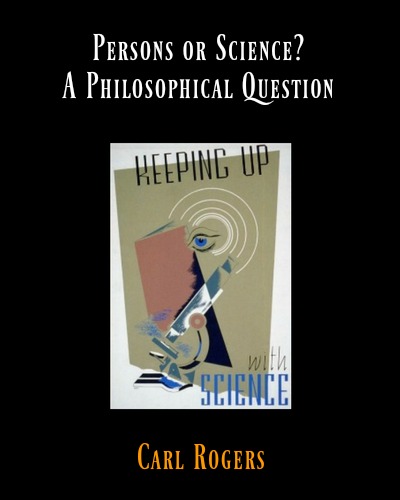
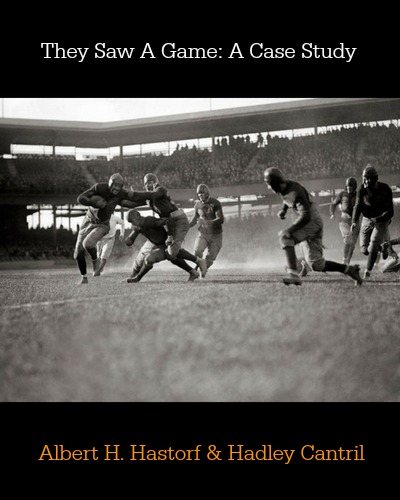
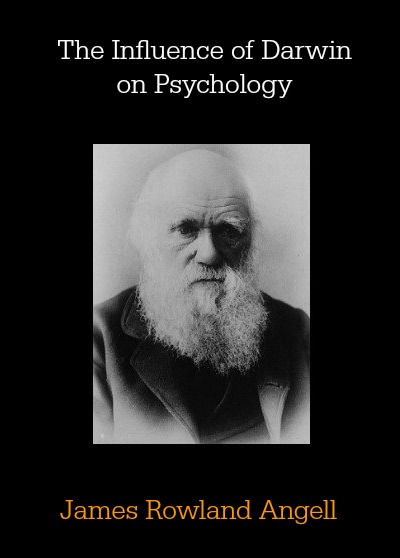
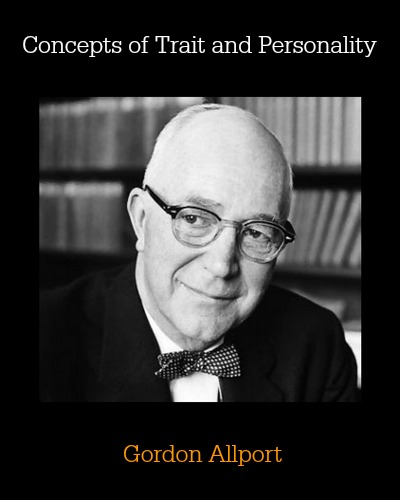
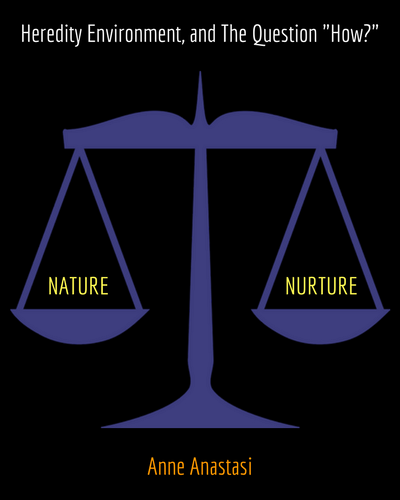
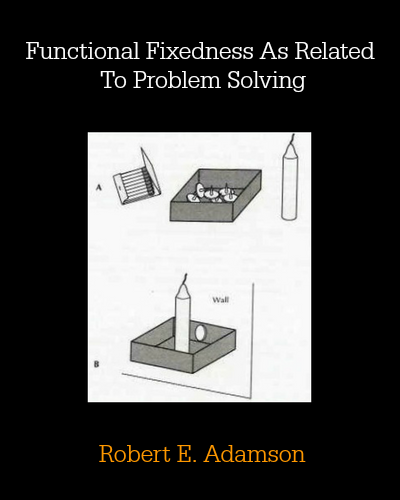
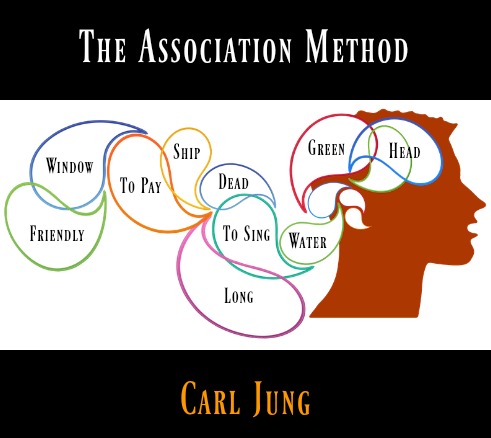




New! Comments
Have your say about what you just read! Leave me a comment in the box below.